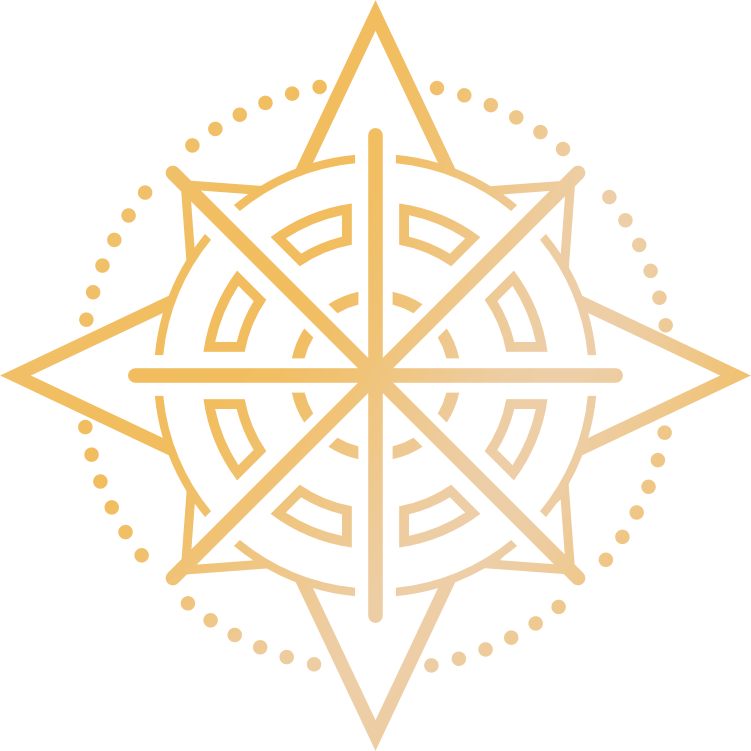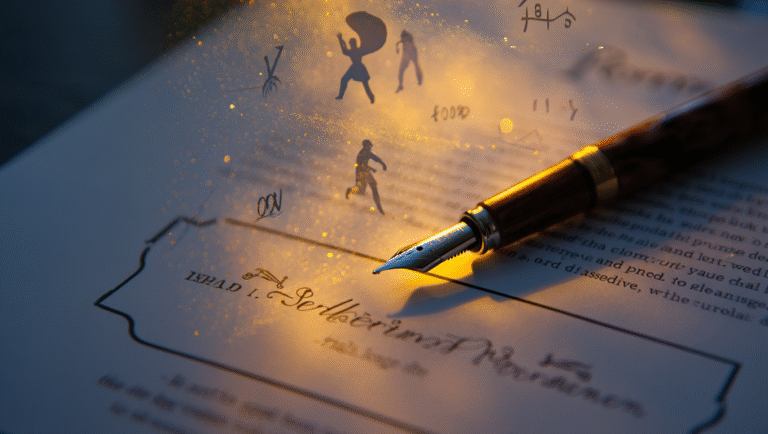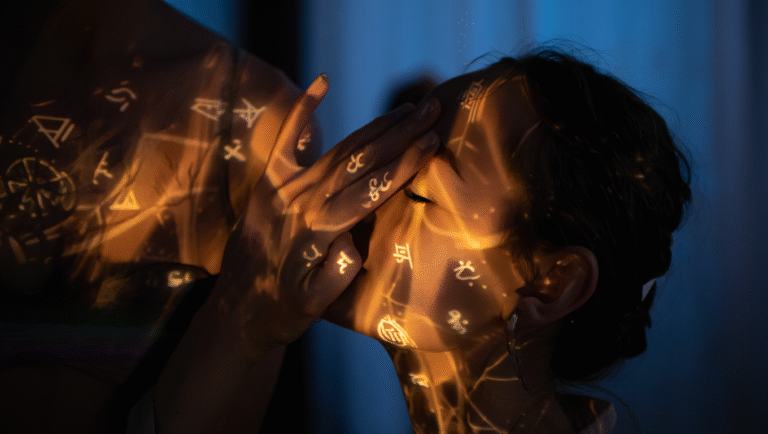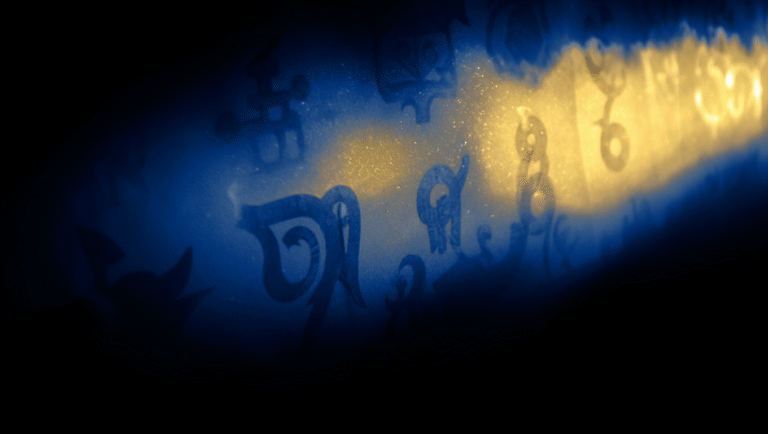Reflections on Comparing All Horoscope Systems
Ever scrolled through your social feed and realized everyone seems to have a different “horoscope system” they swear by? Western zodiac, Chinese zodiac, Vedic astrology, numerology—sometimes it feels like I need a spreadsheet just to keep up. As someone who’s tested these systems both for fun and self-reflection (and, let’s be honest, occasionally to procrastinate on a work deadline), I want to share what actually helped me, what felt like a dead end, and how you can use these systems practically—without the hype or the headache.
Why So Many Horoscope Systems?
Let’s start with some context. Humans have always looked for patterns to make sense of the world and themselves. From ancient Babylonians to TikTok astrologers, people want insight into their personality, relationships, and future. Each system—whether it’s your sun sign or your Chinese birth animal—offers a different lens.
“Astrology isn’t about predicting the future—it’s a toolkit for better questions.”
But which system works best? And more importantly: can any of them give you something useful for daily life?
Case Study: My Week of Multisystem Horoscopes
Here’s what I did: for one week, I checked my daily (and weekly) readings from four different systems—Western zodiac, Chinese zodiac, Vedic astrology, and numerology. I used reputable sites and apps (listed below). My goal? Find practical advice, not just generic “you will be lucky today” content.
The Setup
- Time spent per day: 15 minutes max
- Tools used: Smartphone, notebook, apps (Co–Star, The Pattern, Astroyogi, Numerology.com)
- Focus: Clarity, decision-making, stress management
Here’s what I found:
Western Zodiac: The most familiar—think Aries, Taurus, etc. Daily horoscopes are everywhere. Strength: Easy to find, quick to read. Weakness: Tends to be vague unless you dig into your full birth chart (which takes time).
Chinese Zodiac: Based on your birth year—Rat, Ox, Tiger, etc. Strength: Simple, grounded in cycles. Weakness: Year-based means everyone born the same year gets the same advice, which can feel generic.
Vedic Astrology: Ancient Indian system, much more detailed (moon sign, rising sign, planetary periods). Strength: Insightful if you’re willing to input your birth time/place. Weakness: Complex, and some terminology needs translation for beginners.
Numerology: All about the numbers in your birthdate and name. Strength: Quick to calculate, fun for pattern-spotting. Weakness: Advice can be hit or miss, depending on the source.
Step-by-Step: How to Try Multiple Horoscope Systems (in 15 Minutes)
- 1. Gather Your Info: Write down your birth date, time, and location. If you don’t know the exact time, estimate—just note it for yourself.
- 2. Choose Your Platforms: Try a mix of apps and websites. For Western astrology, Co–Star. For Vedic, Astroyogi. For numerology, Numerology.com. For Chinese zodiac, ChineseNewYear.net.
- 3. Write Down the Advice: Each morning, jot down the main point from each system. Is there a theme? (Example: “Today is good for creativity” vs “Avoid arguments.”)
- 4. Look for Overlaps: If two or more systems give similar advice, take note. That’s usually a nudge worth listening to—or at least experimenting with.
- 5. Reflect (and Reality-Check): At the end of the day, ask: Did any advice actually help? Did you feel more focused, calm, or confident?
Quick Comparison Table: Horoscope Systems at a Glance
| Name | Key Feature | Setup Time | Personalization | Best For |
|---|---|---|---|---|
| Western Zodiac (Sun Sign) | 12 signs, personality focus | 2 min | Low (unless full chart) | Quick daily boosts |
| Chinese Zodiac | 12-year animal cycle | 1 min | Very low | Big-picture themes |
| Vedic Astrology | Moon, rising, planets | 10 min | High | Deep dives |
| Numerology | Numbers from birth/date | 2 min | Medium | Goal-setting |
Cheat Sheet: 15-Minute Horoscope Reflection Ritual
- Grab your morning coffee or tea.
- Open your chosen horoscope apps or websites.
- Read today’s advice from at least two systems.
- Write down one actionable idea (e.g., “Prioritize a tough task” or “Reach out to a friend”).
- Set a timer: spend 10 minutes implementing that idea.
- At night, reflect: Did it help? Would you try it again?
Tools & Resources
- Moleskine Classic Notebook – Great for daily reflections. Pros: Portable, durable. Cons: Pricier than basic notebooks. Best for: People who love journaling or want to track patterns over weeks.
- Echo Dot (Alexa) – Set reminders for your rituals. Pros: Hands-free, easy timers. Cons: Needs Wi-Fi. Best for: Anyone who forgets to check their horoscope until 3 PM.
- See today’s deal on astrology card decks for deeper prompts.
Key Takeaways: What Actually Helped
- Don’t overthink it. Pick one or two systems that resonate and stick with them for a week or two. Switching daily just leads to confusion.
- Look for actionable advice. If a horoscope just says “be open to change,” translate that into something concrete—like rearranging your workspace or calling a friend you’ve lost touch with.
- Combine intuition + structure. Use horoscopes as prompts, not predictions. If today’s advice matches your gut feeling, go with it. If not—move on.
“The best system is the one you’ll actually use.”
My honest verdict? Most horoscope systems are at their best when they help you pause, reflect, and take a small step forward—not when you treat them as life scripts. Science doesn’t back up daily predictions, but the ritual of reflection and intention-setting is proven to boost mindfulness and reduce stress.
Final Thoughts & Next Steps
Curious to try this out? Challenge yourself: Pick one system for the next week, record your daily takeaway, and see what shifts. Or, if you love data, compare two systems side by side.
And if you want to level up your reflection game, check out this classic journal or experiment with an astrology app. Remember: it’s about finding what works for you—not what’s trending on social media.
This post may contain affiliate links. If you purchase through them, it won’t cost you extra, but it helps keep this site running.







